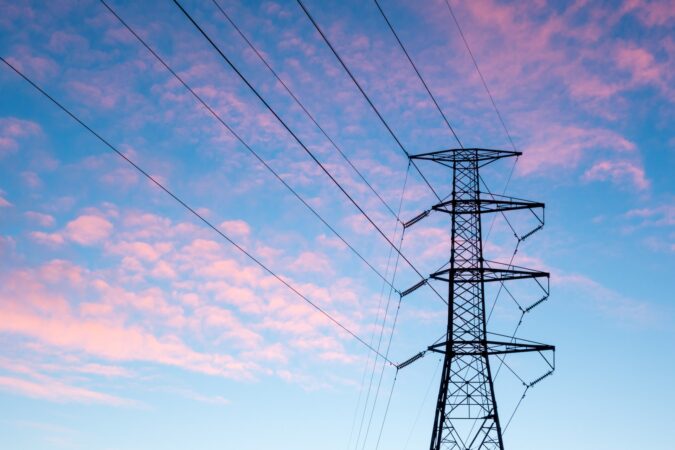On Monday, the public consultation opened by the Entidade Reguladora dos Serviços Energéticos (ERSE) on regulatory review in the electricity sector ended in what is considered one of the biggest rule changes in Portugal’s energy sector in recent years.
ERSE will now analyze the contributions and proceed to the final formulation of the proposal. Be aware of major changes for consumers, if the regulator’s proposal is approved. without change.
1 – Power contracts with loyalty without price change
Currently, whoever sells energy can propose amendments to the contract while it is in effect, if “it is proven, when this possibility is provided for in the contract and in exceptional and objectively justified cases, which the contract must also provide for.”
In the ERSE proposal it was stated that in contracts with a loyalty period “there can be no changes to contractual terms, including those relating to price” and that in contracts without loyalty the company can propose a price change, but they must do so a minimum of 30 days in advance.
2 – Low power warning increases from 5 to 10 days
If the customer fails to pay the electricity bill, in accordance with the applicable rules, he is subject to a forced reduction of the contracted power to 1.15 kVA, with five days prior notice to the customer.
Under the new rules, the advance period is now 10 days, with the aim of giving the customer more time to settle outstanding payments and avoid contracted power cuts.
3 – Customers who do not abandon the organized market can be sold in a “bundle”
Regulated electricity charges are available until 31st December 2025 and ERSE wants ways to encourage the shift to the free market to be fixed.
Those who do not, become part of the customer portfolio which is then sold in a ‘bundle’ to a duty free supplier. After the statutory term of the regulated tariff expires, customers who continue to be supplied by a supplier of last resort will be included in the “Four-Month Supplementary Supply Procedure”.
4 – There are now alerts about the use of contracted force
Currently, distribution network operators must provide, by the fifth working day of the month following consumption, alerts allowing comparison of what has been consumed with the previous month.
In the ERSE proposal, normal low voltage (BTN) installations integrated into the smart grid are now expected to have a new alert reporting how much contracted power the customer is actually using
5 – Three years from the date of consumption
The proposed new rules say that the customer must have access to more information about the history of energy consumption. Thus, the data available through the online platform must relate to 36 months in the case of aggregated data and 24 months in the case of more detailed data.
6- Companies are bound by the price index if they have more than 50,000 customers
Another change that has a significant impact on the market, among the ERSE proposals: electricity suppliers in the free market should “make available a variety of offers, including offers with indexed price conditions, including prices configured in wholesale markets and offers with fixed price conditions “.
7- Mandatory dynamic rates for companies with 200,000 customers
“Suppliers under a market system who supply to a number of customers in excess of 200 thousand and provided that the consumption facilities concerned have a smart meter, must provide electricity contracts at dynamic prices, according to the terms laid down in the law, with advance information on the benefits, costs and inherent risks. for these electricity contracts,” the new ERSE rules state in the submitted proposal.
8 – Personal data issues
Commercial Electricity (and Natural Gas) regulations now include a specific article on consumer personal data protection issues.
“Processing of personal data can be subcontracted provided the subcontractor provides adequate safeguards to comply with the RGPD and ensures that the rights and freedoms of data subjects are defended,” the document states.
9 – Reference prices protect small businesses
Current rules state that suppliers selling electricity at normal low voltage (up to 41.4 kVA of contracted power) must provide ERSE with the reference prices used in the simulation that allow customers to compare tariffs.
However, the SLV does not have to comply with this obligation. ERSE is now advocating a “harmonization of systems”, so that suppliers in the BTE sector (often used in small business) must also send reference prices and updated offers to the regulator.
10- There are no more estimates of consumption in companies
“Private high-voltage, high-voltage, medium-voltage and low-voltage installations do not apply consumption estimates for billing purposes,” ERSE describes in the proposal, which responds to the Smart Electricity Metering Acceleration.
“The absence of a reading in a certain period determines that the estimated consumption in that period is void,” explains the regulator, that is, if there are no actual consumption readings, the company will receive free energy.

“Wannabe internet buff. Future teen idol. Hardcore zombie guru. Gamer. Avid creator. Entrepreneur. Bacon ninja.”

